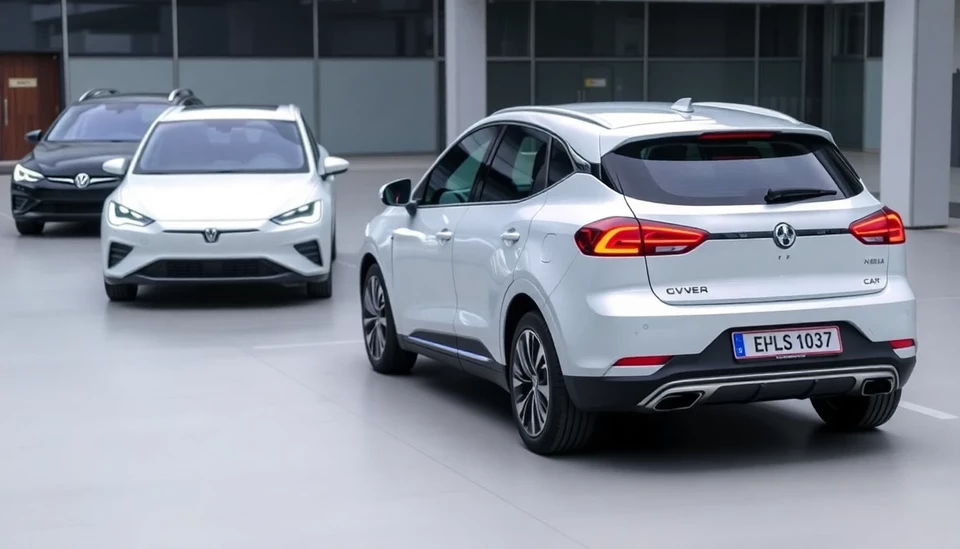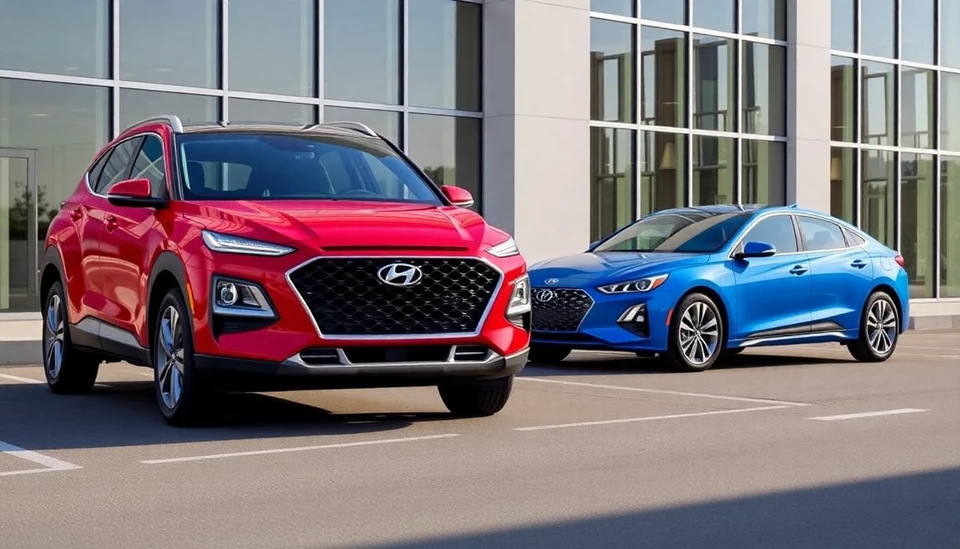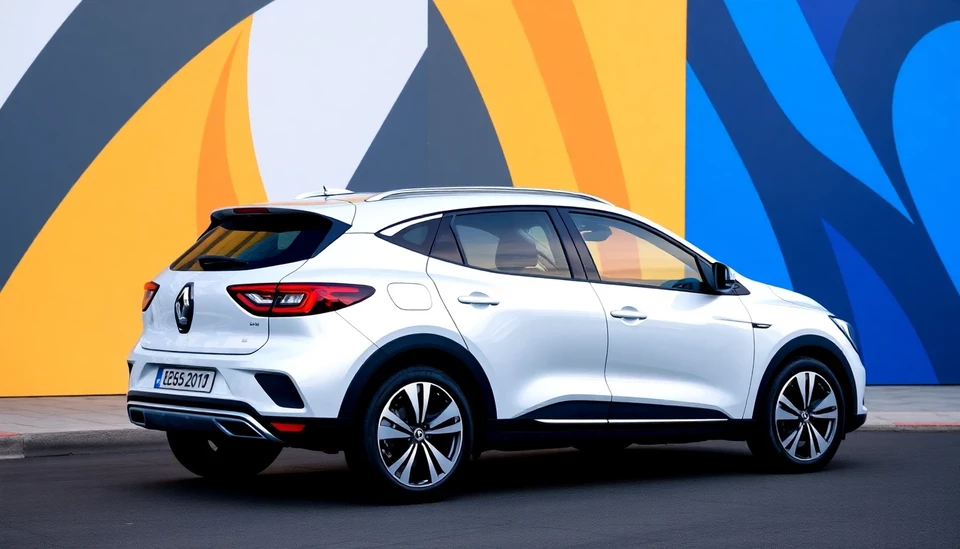
In a troubling trend for the automotive market, car sales across Europe have stagnated, primarily as consumers are increasingly turning away from electric vehicles (EVs). Recent data reveals a significant slowdown, highlighting ongoing challenges within the electric car sector amidst rising costs and consumer hesitations.
Markets that once thrived on the promise of electric mobility are now seeing increasing uncertainty. Sales figures from industry analysts indicate that in key European markets, such as Germany and France, car sales have not only plateaued but in some cases have even regressed. The trend suggests a lack of confidence among consumers in adopting electric vehicles as their primary mode of transport.
The heart of the problem appears to lie in the mounting costs associated with electric vehicle ownership. While the initial allure of EVs came from savings on fuel and maintenance, the escalating prices of electric cars have made them less enticing. Many consumers are now weighing their options more carefully, as traditional gasoline vehicles remain more affordable and accessible.
Additionally, the inadequate charging infrastructure across much of Europe continues to pose a significant barrier. Consumers express concerns about the practicality of owning electric vehicles, particularly in regions where charging stations are sparse or unreliable. This hesitancy is further compounded by the fear of long charging times compared to the convenience of refueling gasoline vehicles in mere minutes.
Amidst these challenges, traditional automotive giants are feeling pressured to recalibrate their strategies. Some manufacturers that heavily invested in transitioning to electric models are now reassessing production and marketing plans to accommodate shifting consumer preferences. Companies are beginning to diversify their offerings not only in electric models but also in hybrids and conventional vehicles to cater to a broader market.
Industry experts predict that until manufacturers can assure consumers of the practical benefits of electric vehicles, sales will likely continue to stall. Innovations in charging technology and clearer incentives from governments may be necessary to boost consumer confidence and stimulate demand once more.
The situation raises critical questions about the future of electric mobility in Europe and how policymakers will respond to encourage a transition to greener vehicles. As the automotive market grapples with these realities, the road ahead remains uncertain for both consumers and manufacturers alike.
As we move into a year that will undoubtedly shape the landscape of the automotive industry, it remains imperative for stakeholders to address concerns surrounding the affordability, practicality, and infrastructure related to electric vehicles. Without decisive action, the momentum toward sustainable mobility may dwindle, leaving many consumers stuck in a cycle of hesitation.
In conclusion, while the vision for a greener future remains a priority for many, practical challenges must be met with innovative solutions if Europe is to reignite its car sales and embrace electric mobility fully.
#ElectricVehicles #CarSales #AutomotiveIndustry #Europe #ConsumerTrends #Sustainability
Author: Samuel Brooks




